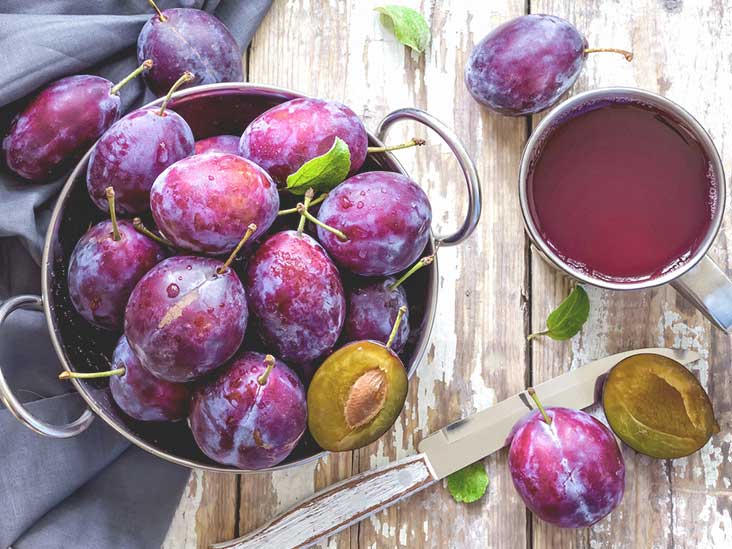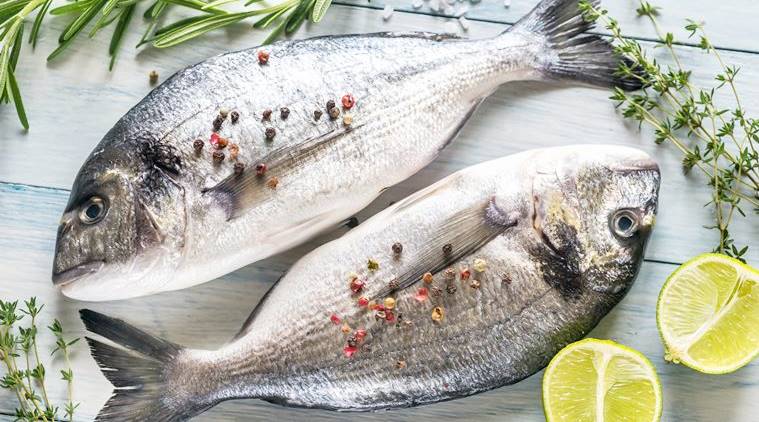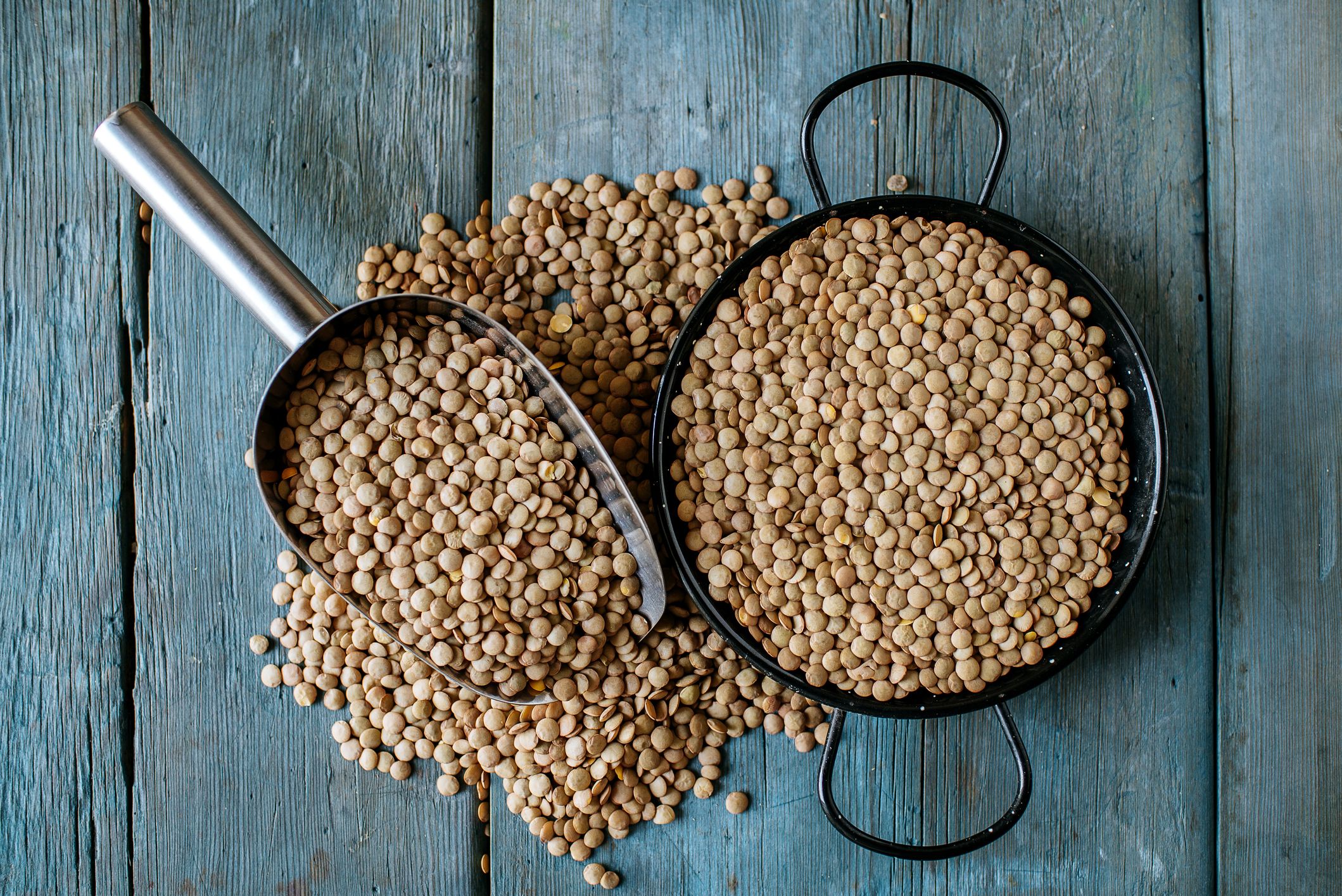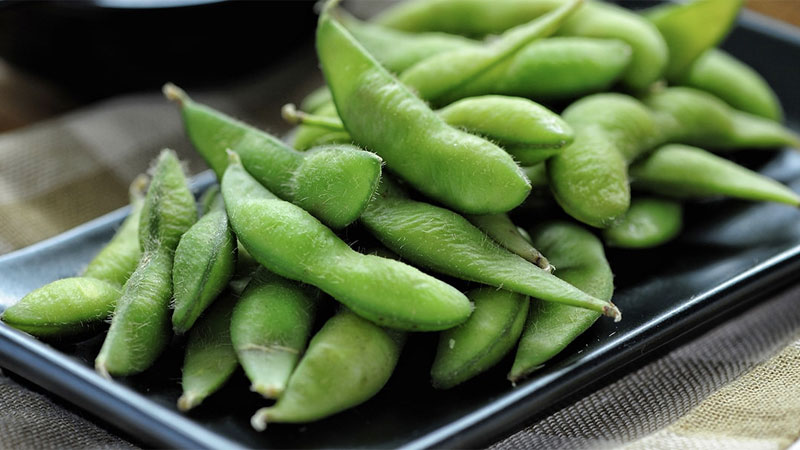Best bites that are good for you—and your baby’s health, too.There’s so much to learn during pregnancy. From choosing the right prenatal vitamin to navigating day care waitlists to battling morning sickness and beyond, the list can be overwhelming. Another thing you’ll notice when pregnant? All the chatter about what not to eat. That can be discouraging. Having a list of healthy foods that are recommended for pregnancy can help make meal and snack decisions easier.
We tapped Amy Gorin, M.S., RDN, an inclusive plant-based dietitian based in Stamford, Connecticut, for her suggestions. Here are her top nine foods pregnant people should eat every day.
Prune Juice

Drinking prune juice daily can help expectant mothers be regular with digestion and help prevent constipation, says Gorin. Constipation is a common pregnancy issue, since increased progesterone may make digestion sluggish, even as early as the first trimester. Luckily, each cup of 100% prune juice provides 2.5 grams of fiber, which can help keep you regular. In addition to prune juice, feel free to add more prunes (aka dried plums) into your diet to help you poop easier.
Eggs

Eggs are one of the top foods recommended for pregnant people. It’s not only because they’re a good source of high-quality protein, but also because eggs are one of the few foods rich in choline, a nutrient that helps support lifelong brain health. Up to 95% of pregnant people consume less choline than is considered adequate (450 milligrams per day), and prenatal vitamins often do not contain any of this nutrient.
“Higher choline intake during pregnancy can have lasting beneficial effects on brain health and development for babies into their school-age years,” Gorin says. She also points out that the American Heart Association says that one egg per day can be part of a healthy diet. Just remember to fully cook your eggs, since undercooked foods are best avoided during pregnancy.
Try Creamy Scrambled Eggs with Chives or have a slice of Summer Skillet Vegetable & Egg Scramble for your next breakfast.
Mango

Mango is a water-rich fruit that provides folate, a key B vitamin for pregnancy, says Gorin. Folate decreases the risk for neural tube defects, such as spina bifida, as well as lowering the risk of having a premature or low birth weight baby. Eat mango sliced with breakfast or as part of a midafternoon snack. Also try a Mango & Spinach Smoothie or Mango & Avocado Salad.
Spinach

It’s no surprise that dark, leafy greens, like spinach, are a nutritious choice for pregnant people. Three cups of spinach provides 2 grams of digestion-friendly fiber as well as folate to support baby’s development. Spinach is a wonderful addition to a smoothie, like this Spinach, Peanut Butter & Banana Smoothie, and the leaves also sing on their own in Balsamic-Parmesan Sautéed Spinach.
Fatty Fish

Fatty fish—salmon, sardines, anchovies—is a great addition to a pregnant person’s diet. These fish provide beneficial omega-3 fatty acids to developing babies. “You can safely eat up to 12 ounces a week of lower-mercury fish, such as salmon, sardines and anchovies,” says Gorin. Need ideas? Try Salmon with Roasted Tomatoes and Shallots, Lemon-Garlic Sardine Fettuccine and Garlic-Anchovy Pasta with Broccolini.
Hummus

Pregnancy really brings on the snacky feelings. “When you’re pregnant, it’s important to have nutritious snacks within reach that will help keep you satiated. Hummus provides both protein and fiber to help keep you fuller for longer,” Gorin says. Pair the chickpea-packed dip with sliced veggies, use as a topper on a salad in lieu of dressing or spread on a sandwich. You can pick up a container of hummus at the grocery store or quickly whip some up using a food processor, like in this Avocado Hummus. Hummus can even dress up a main dish like in Hummus-Crusted Chicken.
Lentils

Lentils provide a good source of choline to support the baby’s neurodevelopment. In addition, 1 cup of cooked lentils contains 18 grams of protein, which is also important for your baby’s growth. If you need one more reason to eat lentils, keep in mind that 1 cup also has 16 grams of fiber to help keep you regular. These little legumes are versatile and easy to toss into a dish for more plant protein. Check out these 17 Easy Lentil Recipes for Dinner Tonight for inspiration.
Edamame

Edamame packs soy protein, as well as manganese, a trace mineral involved in energy production, immune function and bone health. Also interesting: A study in Environmental Health Perspectives suggests that having a healthy level of manganese during pregnancy may help protect the baby from developing high blood pressure later in childhood, as the mineral has antioxidant properties that guard against hypertension. Gorin suggests adding frozen edamame to smoothies. You can also eat the soybeans in this 3-Ingredient Teriyaki Edamame Sauté and Edamame Hummus Wrap.
Oatmeal:max_bytes(150000):strip_icc()/265505-maple-and-brown-sugar-oatmeal-DDMFS-beauty_3x4-3228-e432bfe7d9fd4a3880979970814af34f.jpg)
Oatmeal is an excellent source of manganese. A 1/2-cup serving of cooked oats offers 35% of what pregnant people need per day. Beyond pregnancy, oats are a popular ingredient in lactation cookies, which are made with ingredients that may have properties that promote the production of breast milk. There are so many ways to enjoy oatmeal, including Fig & Ricotta Oatmeal, Chocolate Banana Oatmeal and Apple-Cinnamon Oatmeal.
Bottom Line
Overall, there are so many nutritious foods that can help nurture a growing baby throughout pregnancy. These are just some options pregnant people can feel comfortable turning to during their journey. Your doctor is the best person to speak to about any pregnancy-related food questions.
Source: https://www.eatingwell.com








